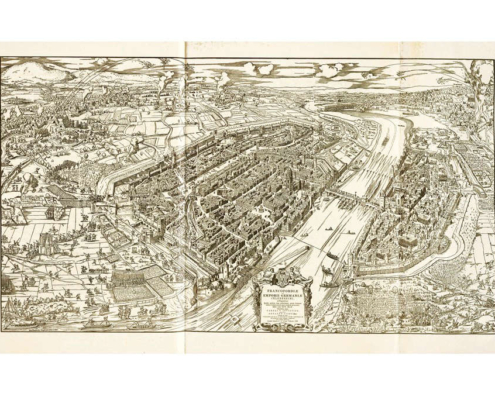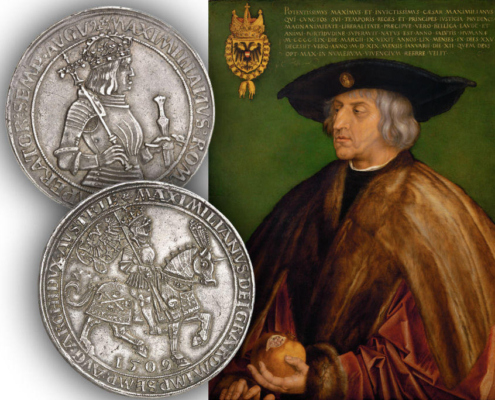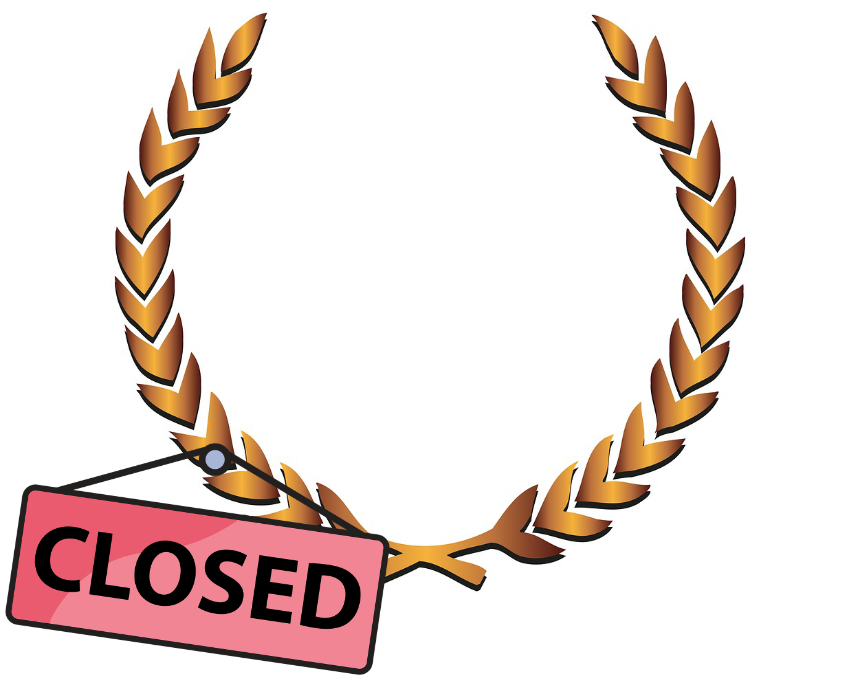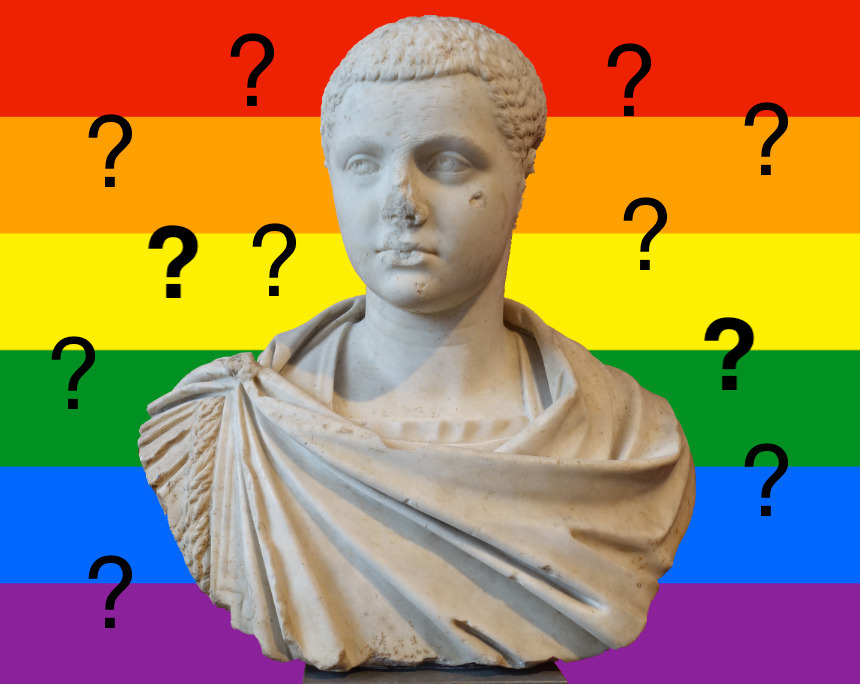Archive: People and Markets
ROMA Numismatics to Close on 24 May 2024
On 24 May 2024, a chapter in the history of British numismatics will come to an end. The auction house ROMA Numismatics Limited will close its doors.
Elagabalus’ New Transgender Identity and Its Consequences on the Coin Trade
The North Hertfordshire Museum has pulled off an ingenious PR coup: the institution publicly announced that they will no longer refer to Elagabalus as “he” but as “she”. Ursula Kampmann explores how this might affect the coin trade.
Archive: Coins, Medals and more

Two Cityscapes on Coins From Frankfurt am Main and The Artwork That Inspired Them
Many engravers used contemporary media to make their work easier. Their coin designs were often based on well-known engravings. This is illustrated by two pieces from the Loos Collection, which will be auctioned by Künker in September 2023.

Maximilian: The Last Knight and / or a Bankrupt
On 3 July 2025, Künker will auction the Hermann Wohnlich Collection presenting coins and medals from Tyrol. The offer includes an impressive ensemble of representative coins of Maximilian I, which are an excellent testament to his ability to cultivate his image. The effects of this can still be felt today.










ICOMON Annual Conference 2023: Call for Papers
The 2023 ICOMON annual conference will be held in November in Malaysia. Speakers are now invited to send their abstracts on the theme: Reinforcing Museum’s sustainable competitiveness in the peak of digitization & social/global challenges.
German Coins in 2026: Two New Series and a Familiar Face
The Federal Ministry of Finance has published the coin programme for 2026. Collectors can look forward to a total of twelve coin issues covering a wide thematic spectrum.